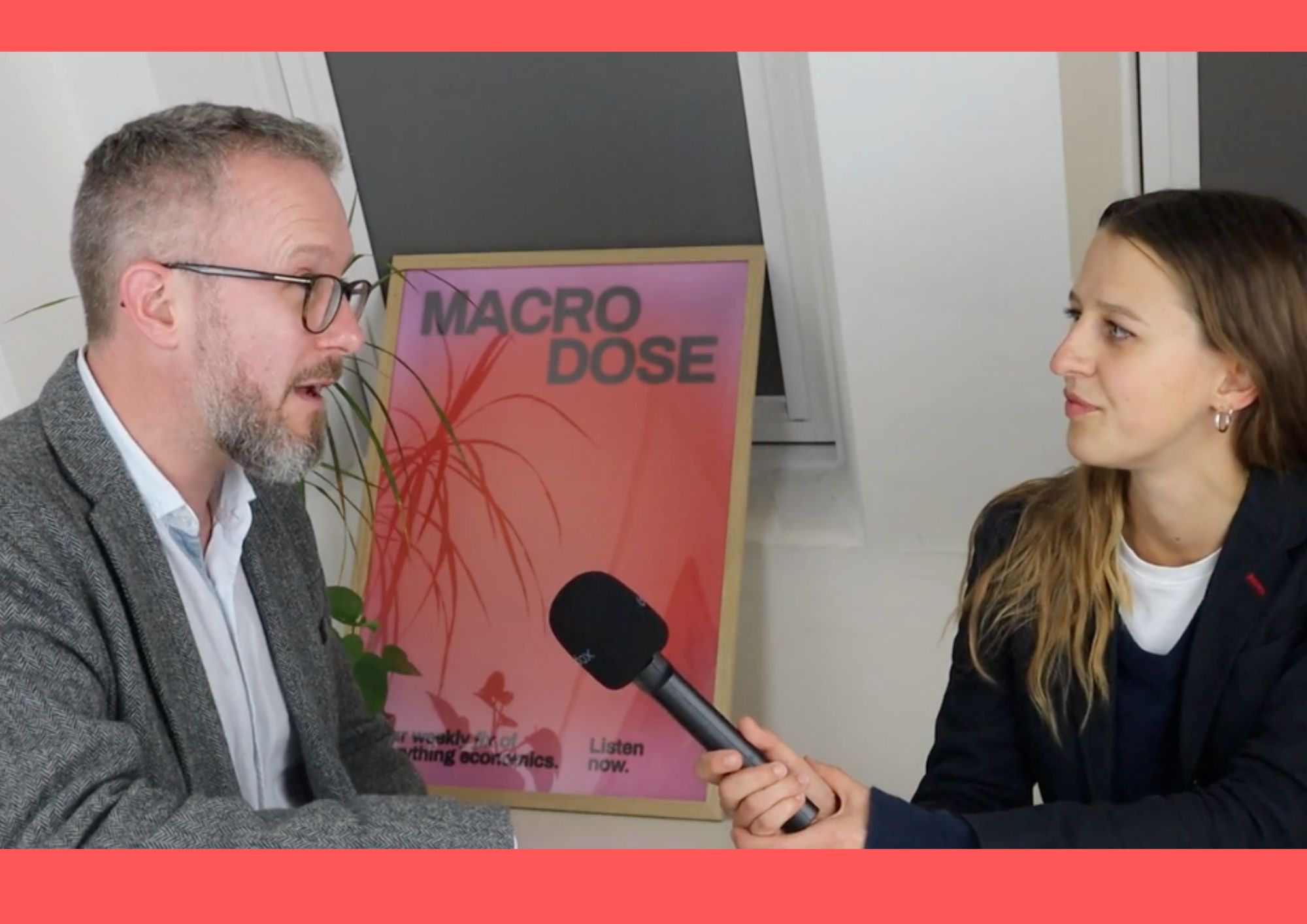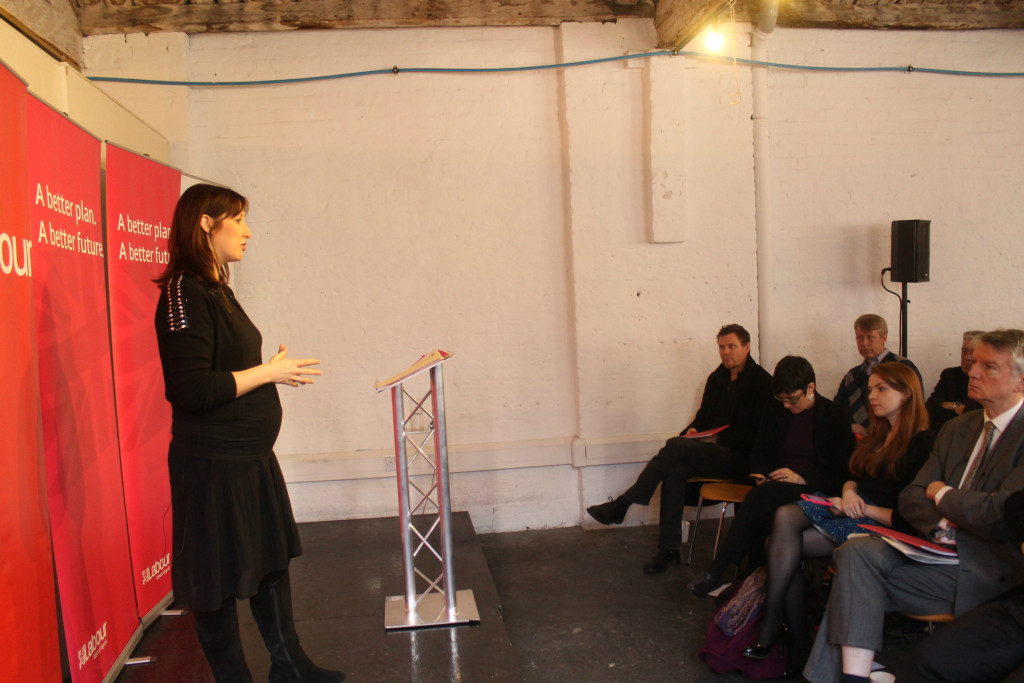How will Keir's Labour government pay the bills if he gets to Number 10?
Economist says Labour needs to be bolder and consider a wealth tax
Friday, 24th November 2023 — By Anna Lamche

James Meadway being interviewed by Anna Lamche – you can watch their talk on our online channel Peeps
A FUTURE Labour government under Sir Keir Starmer cannot rely on “economic growth” alone and should propose a “wealth tax” to boost public spending, a leading economist has said.
James Meadway was talking to the New Journal on Thursday before a live recording of his hit podcast, Macrodose.
Mr Meadway – a former adviser to John McDonnell during his time as shadow chancellor – said the scale of public spending needed to keep services running meant the party had to be bolder.
Mr Meadway said “small-c conservatism” within the Labour Party was stopping the formulation of “radical” new ideas.
He said: “Once you’ve got such a big lead in the polls… you don’t want to do anything to upset or lose that lead. So you don’t want to do anything that’s a bit more radical. “It got described to me as a ‘Ming vase strategy’. You have to carry a beautiful Ming vase across finish line – that’s the election – so you don’t want to do anything sudden because you’ll drop in and smash it.”
The Labour Party has spent the past decade blaming cuts to public services on the government’s austerity measures.
In Camden alone, the Town Hall’s budget has been cut by over £200million since the Conservatives came to power in 2010. An election is looming next year and Mr Starmer’s party now seems likely to form the next government – but manifesto pledges to restore the lost cash have not yet been made.
In an interview with Mr Starmer earlier this year, the Labour leader told the New Journal he proposed to reverse the cuts by “growing the economy.”
He said: “What I hope, if we are privileged enough to win an election, is that we can begin to turn that around. The first thing has to be growing our economy. So before we go to anything else, we’ve got to get more money coming into that economy, because that’s the way to have proper public funding for our services and our councils.”
Mr Meadway, speaking before the event in Finsbury Park, said: “The real challenge here, right now, is that Labour – although they say ‘we oppose austerity’ – they’re not actually backing this up with what you would need to do to oppose austerity, which is a pretty significant increase in spending.
“They need to be talking about tax rises, and those tax rises should not be landing on most people who have been made worse off over the last few years. They don’t have as much money as they used to have in real terms. It should be landing on rich people and rich institutions. And that means talking about a wealth tax.”
He added: “In this country, we have this car crash: public services don’t work – but we can’t have a proper conversation about taxing wealth.”

Rachel Reeeves during a visit to Camden Town
He said that a recent study by the Centre for Progressive Policy argues the government will need to increase annual public spending by £142billion per year just to maintain the current levels of public services.
This means his advice to current shadow chancellor Rachel Reeves would be: “Stop talking about growth.”
He added that Labour needs to avoid having a “placeholder” strategy, “which is: ‘how are you going to pay for it?’ Oh, it’s growth.”
There is “no real substance” behind this message, Mr Meadway said.
“Where are you going to generate this? Specifically, how are you going to generate this without a very significant plan to invest and spend more money? There is a “good solid case to build out what a wealth tax might look like in Britain,” Mr Meadway said. The economist argues that much of the conversation about tax is defined by “income tax” – the tax people pay on their salary – but the focus should instead be on taxing assets and capital.
He said: “The bit you want to take control of and do something about is what has happened to inequality of wealth, which in other words is not your income on an annual basis… it’s the amount of assets you have, it’s like your house plus your pension plus any financial investments.
“That’s a form of wealth that in Britain, like across much of the world, is not taxed as heavily as it might be.”
